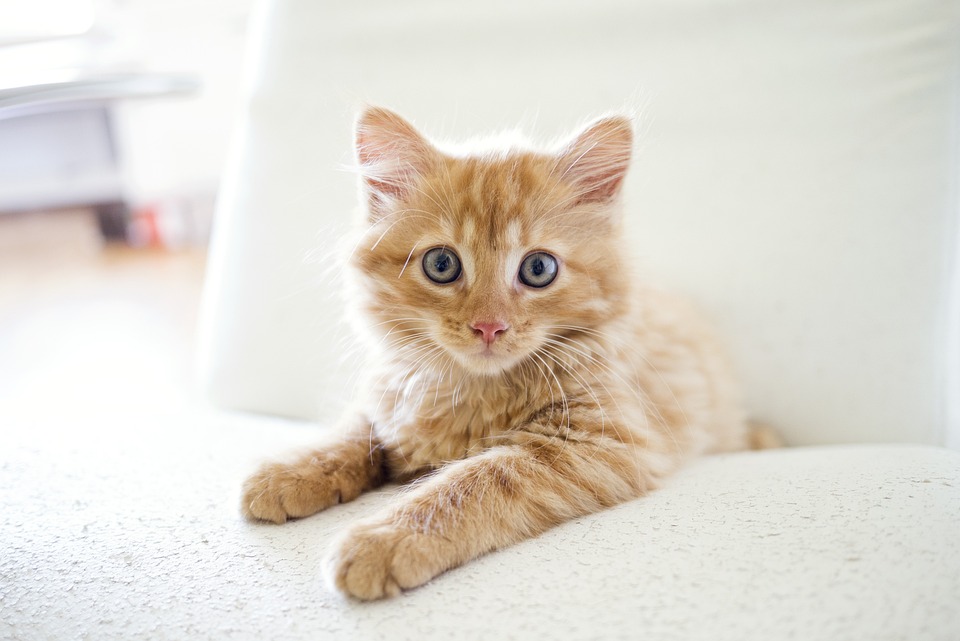Dealing with Cat Hairballs: Effective Remedies and Solutions
As cat owners, we love to see our feline friends looking their best with their glossy coats. However, one common issue that many cat parents face is dealing with hairballs. Hairballs occur when cats groom themselves and swallow their loose hair, which then accumulates in their digestive system. While occasional hairballs are normal, frequent occurrences can be a cause for concern. In this article, we will explore effective remedies and solutions to help you manage and prevent hairballs in your beloved cats.
Understanding Hairballs: Causes and Symptoms
Before diving into the remedies, it’s important to understand what causes hairballs and how to identify if your cat is suffering from them. Cats are meticulous groomers, and during the grooming process, they ingest loose hair that cannot be eliminated through licking. This hair collects in their stomach and forms a hairball over time. Some common causes of hairballs include excessive shedding, long-haired breeds, and grooming habits.
Symptoms of hairballs in cats include:
1. Frequent coughing, gagging, or retching sounds
2. Vomiting or regurgitating hairballs
3. Lethargy or loss of appetite
4. Constipation or diarrhea
If your cat exhibits any of these symptoms, it’s important to consult with a veterinarian to rule out any underlying health issues. Once you have confirmed that hairballs are the culprit, you can implement these effective remedies and solutions to manage the issue.
1. Regular Brushing: The Key to Preventing Hairballs
The best way to prevent hairballs is by regular and thorough brushing. By brushing your cat’s coat daily, you can remove loose hair before it gets ingested during their grooming sessions. Focus on areas prone to matting, such as the belly, thighs, and armpits. Use a cat-specific brush or comb that suits your cat’s coat type to ensure optimal results. Not only does regular brushing reduce hairball formation, but it also helps promote a healthy and shiny coat.
2. Incorporate Fiber into Your Cat’s Diet
Diet plays a crucial role in managing hairballs. Introducing fiber-rich foods can help facilitate the passage of hair through your cat’s digestive system. Look for cat food formulas that contain natural fibers, such as pumpkin, psyllium husk, or oat bran. Additionally, you can consult with your veterinarian about adding a hairball control supplement to your cat’s diet. These supplements often contain ingredients that aid in digestion and prevent the formation of hairballs.
3. Offer Hairball Remedies and Laxatives
Hairball remedies and laxatives are another effective solution to deal with hairballs. These products come in various forms such as pastes, gels, or treats. They work by lubricating the digestive tract, allowing hairballs to pass through more easily. Some hairball remedies also contain ingredients that help break down hairballs, making them easier for your cat to eliminate. Consult with your veterinarian to find the most suitable hairball remedy for your cat.
4. Encourage Hydration and Exercise
Proper hydration and regular exercise are essential for maintaining your cat’s overall health and preventing hairballs. Encourage your cat to drink plenty of water by providing fresh water sources throughout your home. You can also incorporate wet food into their diet, as it contains higher moisture content than dry kibble. Additionally, engaging your cat in interactive play sessions helps stimulate their digestive system and promotes healthy bowel movements, reducing the chances of hairball formation.
FAQs about Cat Hairballs
Q: Are hairballs dangerous for cats?
A: Occasional hairballs are generally harmless, but frequent or large hairballs can lead to blockages in the digestive tract, which may require medical intervention.
Q: Can hairballs be prevented entirely?
A: While it may not be possible to completely prevent hairballs, regular brushing, a high-fiber diet, and incorporating hairball remedies can significantly reduce their occurrence.
Q: How often should I brush my cat?
A: Daily brushing is recommended for long-haired cats, while short-haired cats can be brushed every few days.
Q: Can hairballs cause serious health issues?
A: In rare cases, hairballs can cause intestinal blockages, which can be life-threatening. If your cat shows signs of distress or exhibits prolonged symptoms, seek immediate veterinary attention.
Q: Should I be concerned if my cat produces hairballs infrequently?
A: Occasional hairballs are considered normal. However, if your cat suddenly stops producing hairballs or experiences other digestive issues, consult with your veterinarian.
By implementing these effective remedies and solutions, you can minimize the discomfort caused by hairballs and ensure your feline companion enjoys a healthier, happier life. Remember to observe your cat’s behavior and seek veterinary advice if necessary. With proper care and attention, you can keep those pesky hairballs at bay and provide your cat with a more comfortable and enjoyable grooming experience.








